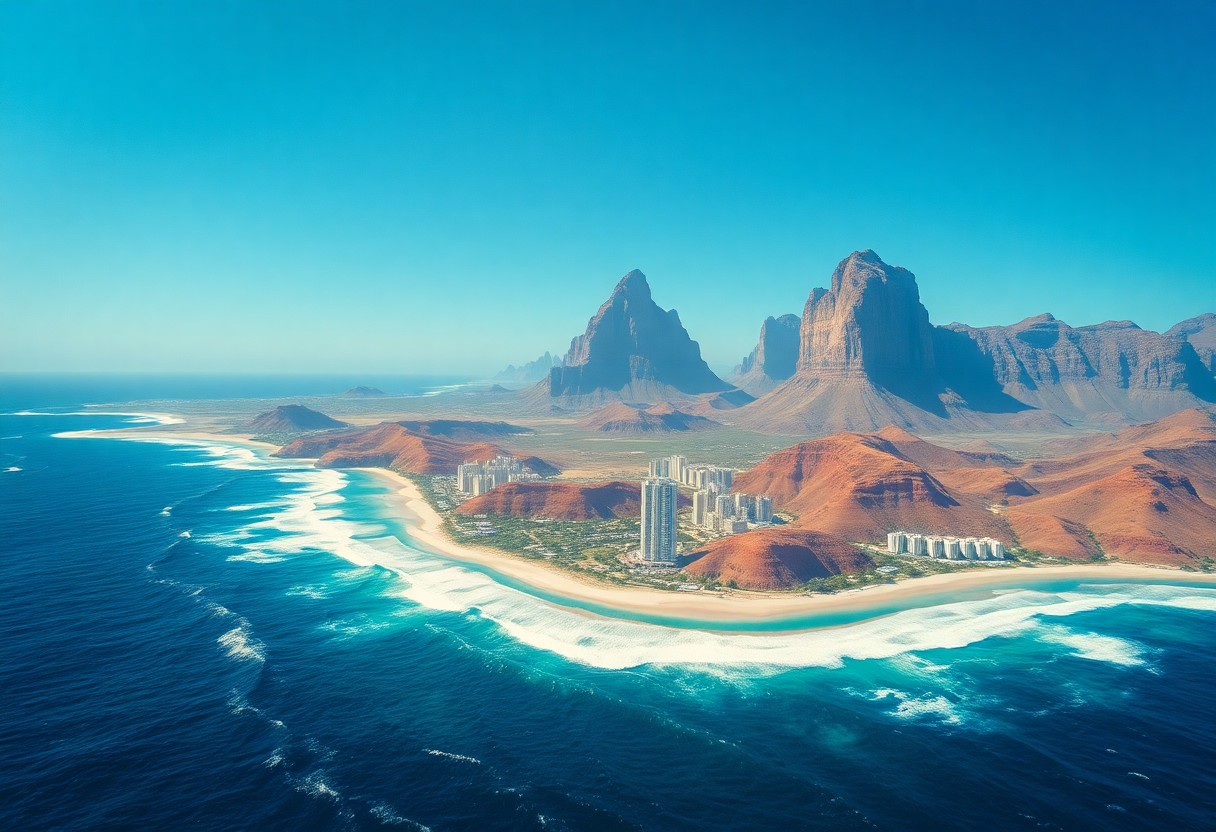Just imagine waking up one day to find that the land you walk on has transformed into a vast ocean, while the oceans have morphed into sprawling areas of land. This extraordinary scenario raises questions about how life would adapt and what consequences might follow for you and every other inhabitant of the planet. Let’s explore the implications of such a radical geographical shift.
First, consider the immediate impact on ecosystems. If oceans replaced land, marine life would face widespread displacement. Terrestrial species, including you and your fellow humans, would have to adapt to an aquatic environment. Survival would require significant changes to your lifestyle, including developing new means of breathing and sourcing food. Imagine farming aquatic plants or discovering new species to sustain your diet. On the flip side, the new land areas would create unforeseen opportunities for terrestrial plants and animals, potentially leading to rapid evolution.
Next, reflect on the climate implications. Oceans play a vital role in regulating Earth’s climate. If the land were replaced by oceans, you might notice heightened temperatures due to a shift in albedo—the reflectivity of the earth’s surface. The increased water surface could lead to more intense weather patterns, with storms possibly becoming more severe. This could impact your daily life, as you contend with extreme weather events that you never experienced before. Floods may become routine in the new oceanic regions, while new dry land could lead to heatwaves and droughts.
Urban areas would also face dramatic changes. Cities are traditionally situated on land, so their relocation underwater or to newly formed land masses would disrupt civilization as you know it. Infrastructure like roads, bridges, and buildings would either be submerged or rendered useless. This could lead to a mass migration, with people flocking to higher grounds on the new land, leading to overcrowding in these areas. You might find yourself relocating to an entirely different region of the planet in search of safety and resources.
Moreover, consider the implications for global trade and transportation. The oceans are imperative for shipping routes, and their transformation into land would disrupt commerce completely. You would see the rise of new supply chain strategies adapted to a fundamentally different world. With increased reliance on overland transport routes and the construction of new trade networks, navigating this altered planet would present its challenges, but also opportunities for innovation.
Finally, society and culture would evolve in response to the geographical upheaval. The concept of community would transform as urban centers adapt to aquatic life. The bonding over shared adaptability may foster new cultures characterized by an appreciation for the water and a reverence for marine life. Art, literature, and even sports might shift to reflect your new reality in this world dominated by water.
Lastly, the idea of Earth’s land and oceans switching places offers a thought-provoking scenario that invites you to ponder humanity’s resilience. Adapting to a radically different planet would challenge you in ways you may not have imagined, but it also opens up an exciting new chapter in the story of life on Earth.



